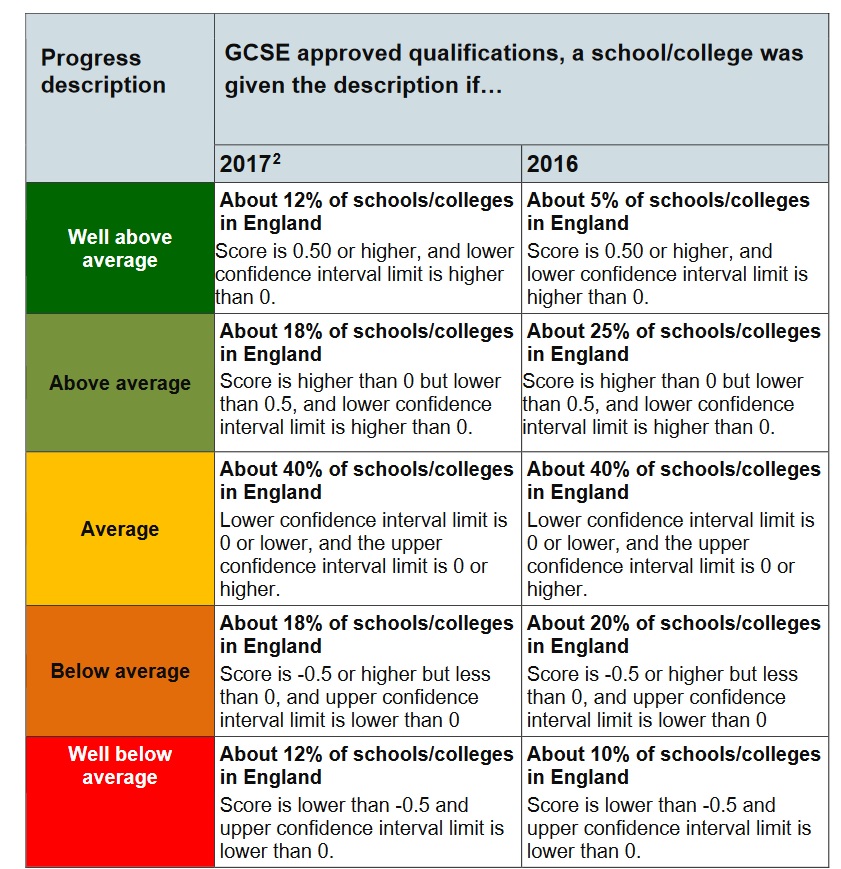More secondary schools have fallen below floor standards, but fewer have been defined as “coasting”, according to new figures released by the Department for Education today.
This year 365 (12 per cent) of secondary schools dropped below the standard for the 2017 exam series, compared with 282 last year (9.3 per cent) – an increase of 29 per cent.

The government said the increase was caused by a wider spread of progress 8 scores last year – with more schools scoring very negatively and very positively.
Changes to GCSEs, including the reformed 9-1 English and maths GCSE, caused the greater variance as top performers now receive a ‘9’ score, as opposed to a top mark of ‘8’ under the old GCSE system, elongating the difference between the top and lowest performers.
The removal of writing assessments from key stage 2 scores also affected scores.
School leaders have already complained about quirks in the progress score and the education department has committed to changing the methodology in the 2018 cycle.
London schools were least likely to fall below the floor standard, with secondary schools in the north west and north east most likely to fall below.
Fewer ‘coasting’ schools this year.
Fewer schools were labelled as ‘coasting’ this year, defined as those with a progress score of below -0.257 in 2017, plus below -0.256 in 2016, and fewer than 60 per cent achieving five A* – C grades in 2015, including English and maths.
Now, 271 schools (9.6 per cent) meet the coasting definition, which is a decrease on the 319 (11.3%) defined as coasting in 2016.
The Department for Education said more schools were caught under the coasting label based on their 2017 results alone, but across the three years fewer met all criteria for inclusion in the category.
Where a school falls into the coasting category, a regional schools commissioner or local authority will contact the school to look at its context and consider what action, if any, should be taken. The school may be told to become an academy or take on a new sponsor.








Your thoughts